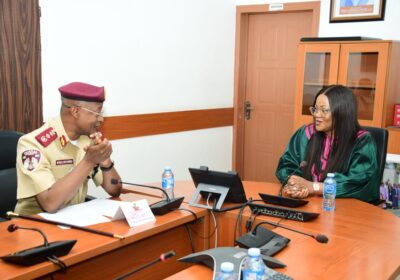Nigeria Condemns Israeli Strike on Qatari Soil: Calls for Global Action to Prevent Regional Escalation.
By Raymond Enoch.
In an unexpected and stern diplomatic stance, the Federal Republic of Nigeria has expressed deep concern over an Israeli airstrike that reportedly took place in Doha, Qatar, on September 9, 2025, allegedly targeting senior Hamas figures. The incident, which has sparked immediate global scrutiny, is now drawing attention to broader regional implications and the fragile balance of peace in the Middle East.
In a press statement issued on Wednesday by the Ministry of Foreign Affairs, Nigeria condemned the strike as a violation of Qatari sovereignty and called on all actors to uphold international law. The statement was signed by Kimiebi Imomotimi Ebienfa, anipr, Spokesperson for the Ministry of Foreign Affairs, and emphasized the importance of restraint, diplomacy, and adherence to the principles of the United Nations Charter.
“Nigeria underscores the primacy of respecting the sovereignty of all nations and adhering to international law, particularly in matters involving the use of force across borders,” the release stated. The Nigerian government also expressed solidarity with Qatar, recognizing the Gulf state’s historic role in mediating peace efforts between Israel and Palestine.
This strong diplomatic response marks a rare but growing trend of African nations asserting their voice in Middle Eastern geopolitics. Analysts suggest Nigeria’s reaction may signal a broader concern among non-aligned nations over what appears to be a destabilizing pattern of unilateral military action in already volatile regions.
The statement further extended sympathies to those affected by the incident and urged all parties involved in the Israeli-Palestinian conflict to recommit to peaceful negotiations. “We reiterate our unwavering support for initiatives that promote de-escalation, dialogue, and durable peace,” it read.
Nigeria concluded the release by reaffirming its commitment to working within the framework of the United Nations and other multilateral platforms to advance peace, security, and the rule of law—not just in the Middle East, but globally.
The diplomatic community now watches closely for Israel’s response to the growing international criticism, and whether this latest escalation will derail ongoing talks aimed at a long-term resolution to one of the world’s most intractable conflicts. Meanwhile, Nigeria’s clear voice in this unfolding drama signals an intention to take a more proactive role in shaping the global peace and security discourse.








